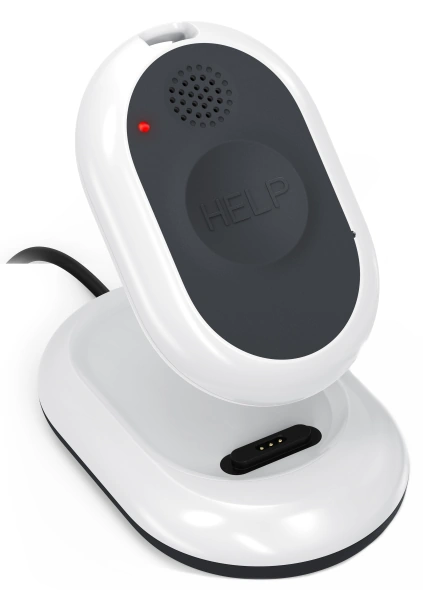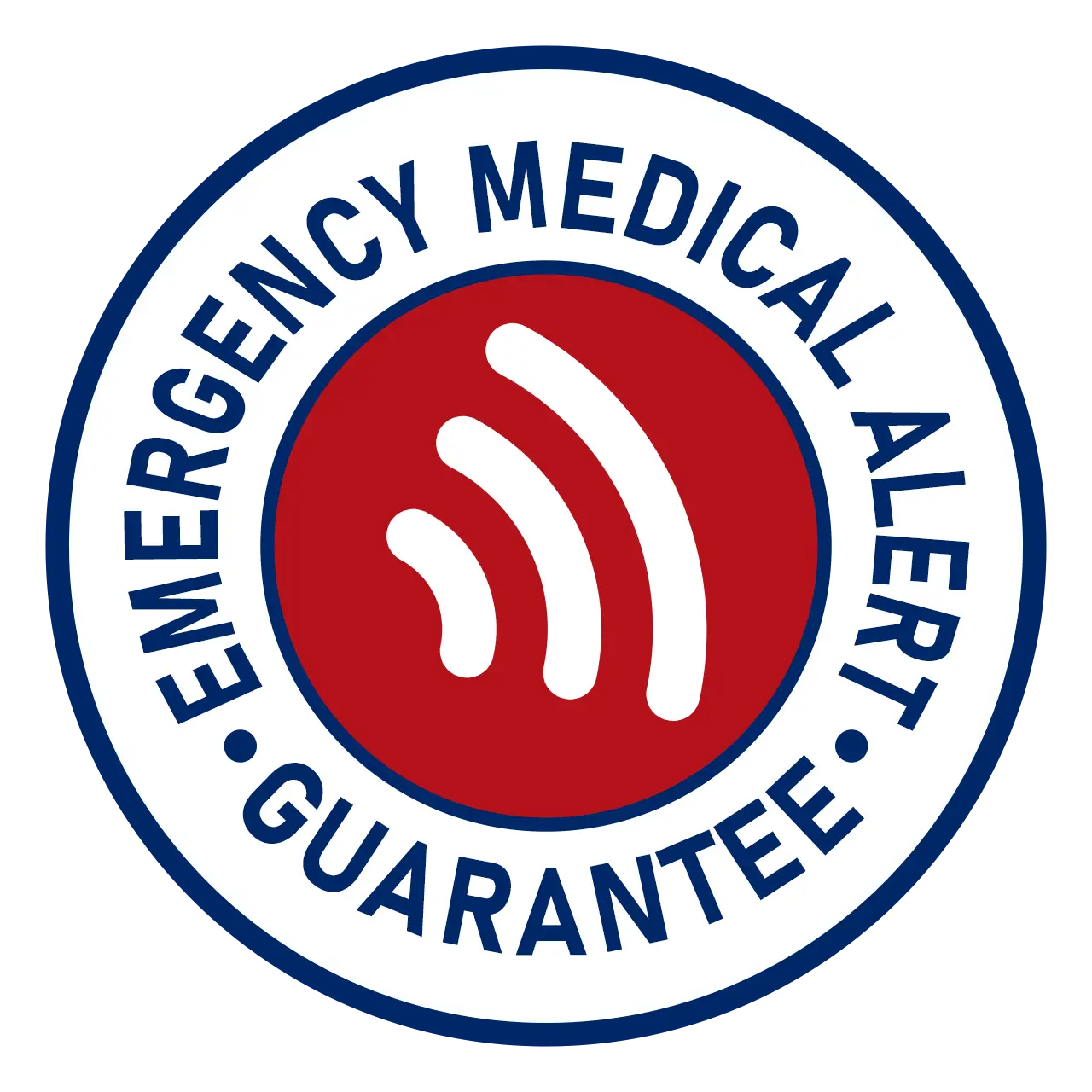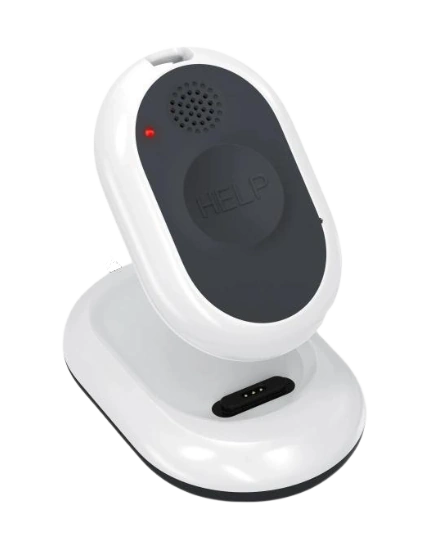Is The Free Grocery Card For Seniors Real? What You Need To Know
The majority of seniors are now looking for ways to reduce their spending as supermarket costs continue to rise. The free grocery card for seniors in the US is here to help you out. That's because this offers financial help to lower the overall cost of food and has become a hot topic among common people. But it can be hard to tell if the ads and numerous offers all over the Internet are real or not.
So, now let's start off with exploring the card's authenticity, who qualifies for it, and how to find an authentic grocery aid. Apart from first-hand experience, we'll also help you understand how the grocery card's benefits affect your personal budget!
What Is The Free Grocery Card For Seniors?
The facility of free senior grocery credit is attached to activities and schemes directly aimed at helping poor older people purchase their daily food necessities.
These cards are often government-distributed Electronic Benefit Transfer (EBT) cards that can be swiped in grocery stores around the US for purchases of groceries.
The idea is to enable food purchase of a healthy and balanced diet for seniors living on small pensions who cannot otherwise afford it.
However, it should be noted that while the phrase "free senior grocery card" is all over advertising, its truth can not always be verified; real programs are often carried out by government agencies or established nonprofit organizations.
For example, the Supplemental Nutrition Assistance Program (SNAP) is a program that allows qualified seniors to receive their benefits in the form of a monthly payment loaded onto an EBT card, which they can then use to purchase groceries at participating stores.
Other programs, such as the Commodity Supplemental Food Program (CSFP), give a monthly food box in place of cards but still fulfill the key need of looking after the elders' meal requirements.
Eligibility Criteria For The Free Grocery Card
Seniors generally have to meet the following eligibility criteria to get the free senior grocery card, which are described below:
- Age Requirement: The senior must have attained the age of 60 years or older.
- Income Limits: Based on federal poverty guidelines and your income.
- Residency Status: You must be a legal U.S. citizen.
- Number in Household: This may affect your eligibility criteria.
- Asset Limits: In some states, there are limits on savings and property ownership that define whether you can avail of the scheme or not.
- Automatic Qualification: In some states, seniors who receive Supplemental Security Income (SSI) automatically qualify for the benefits of the card.
- Application Verification: During the application process, proof of age, income, residency, citizenship, or legal status is generally required.
Where Can Seniors Find This Offer?
There has to be a legitimate source of free grocery cards for the elderly. Seniors can ask the respected organisations for help.
Seniors can go to the Local government agencies like the Area Agency on Aging or the Department of Social Services, which would give out their helping hand and assist the elderly wanting to avail themselves of this benefit.
These organizations are a part of the Commodity Supplemental Food Program (CSFP) and will definitely provide information and help with the SNAP applications.
What's more, many non-profit organizations and food banks participate in programs of the government that give either grocery cards or food boxes. Seniors can also go to their state's official website and apply for these benefits online.
How Can Seniors Apply For The Grocery Card?
To obtain the free grocery card, elderly citizens need to take these few simple steps. First, visit the local Area Agency on Ageing, or the local Department of Social Services, and ask what food programs might be convenient for you.
Every year, most seniors apply for benefits like the SNAP through their State's official website. There, the elders can fill out an online application and mail it in with the required papers and documents to the concerned offices.
In most cases, applicants need to provide proof of their age, residency, income, and citizenship or legal status to claim this card.
An interview may be conducted to check further eligibility after the application has been mailed to the authorities. Being approved, seniors will get in the mail an Electronic Benefits Transfer (EBT) Card, which is full of monthly funds.
Is The Free Grocery Card Available In All States?
The grocery card for seniors varies in availability from state to state. In contrast, federal programs like the SNAP are nationwide, but the specific benefits and associated state-run programs vary greatly according to each area.
For example, SNAP, which is available in most states in the United States, provides eligible seniors either $50 or $100 per month on an Electronic Benefit Transfer (EBT) card that they can spend at supermarkets.
In certain states, there are additional senior citizen programs. The Commodity Supplemental Food Program (CSFP), for example, provides food boxes rather than EBT cards. However, states might vary greatly in terms of eligibility requirements and support amounts.
Seniors can inquire about such programs in their area at senior centers or the local social services departments. Not all states offer programs other than the Integrity Card beyond SNAP, so checking these options in your location ensures you get as much help as possible.
What Can You Use The Grocery Card For?
Older people have free grocery cards if benefits are available, but they can use them in authorized grocery stores, and they can purchase hundreds of different varieties of food with them.
The most usual items included in this benefit are: fruits, vegetables, dairy products, breadstuffs, cereals, meats, poultry, fish, shellfish, and other food items. Now you can also use them to buy seeds and plants for a home vegetable garden.
But these cards cannot be used to purchase non-food items such as household supplies, alcohol, tobacco, vitamins, or readily available hot meals.
Therefore, seniors should always compare the particular policies of their state's program to know what is covered under their card and what they need to manage on their own.
Conclusion
All things considered, the senior meal card is a real benefit that is available through legitimate government programs like SNAP.
To take advantage of this helpful assistance and avoid falling for scammers, seniors must apply through official channels and get the assistance to which they are legally entitled, and get the maximum possible benefit they deserve in their old age!


















